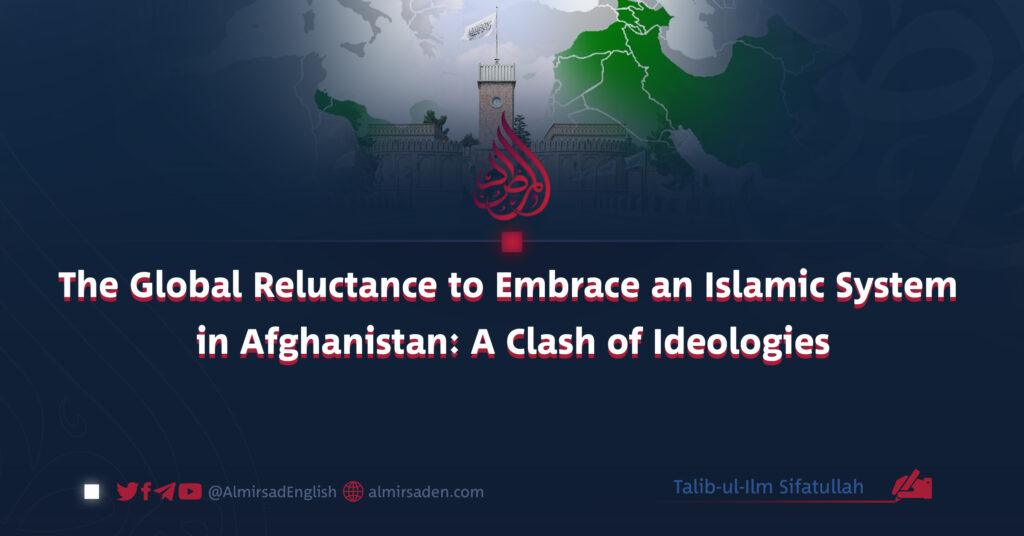Written by: Talib-ul-Ilm Sifatullah
Invitations to faith generally fall into two categories: practical and verbal. The outcomes of these approaches differ markedly, with the practical method often yielding more profound and enduring results. This distinction explains why the entire non-Muslim world is intent on obstructing the establishment of an Islamic system.
Should an authentic Islamic System take root, the collective governance, legal system, justice, and the spirit of fraternity among Muslims would inevitably captivate the world. The billions of dollars expended by the non-Muslim world to estrange humanity from Islam would then prove as worthless as grains of sand.
Consider this: Before the migration (Hijra), the Prophet Muhammad (peace be upon him) preached in Mecca for 13 years, resulting in only a few hundred people embracing Islam. He tirelessly conveyed the message of Allah day and night. Despite being a paragon of truth and honesty—qualities even acknowledged by the polytheists of Mecca—only a few accepted his call.
However, after the migration, eight years later, when the conquest of Mecca occurred, there were 10,000 Companions with the Prophet. Additionally, many others were living in nearby villages. By the time of the Battle of Tabuk, the number of Companions had grown to 30,000.
After the migration, the Prophet worked day and night to invite the people of Taif to Islam. Anyone who saw or heard about the governance, justice, and peace in Medina would immediately accept Islam. This spread rapidly after the conquest of Mecca, with people entering Islam in droves.
Even now, if the disbelievers were to refrain from opposing the Islamic system in Afghanistan, peace, security, and protection of life and property would reign. The hollow spectacle of global secularism and democracy would crumble, leading citizens across nations to demand an Islamic system.
To prevent this, the world, under U.S. leadership, invaded Afghanistan in 2001, spending billions to ensure that an Islamic system could not reemerge. They also brought along numerous Western cultural ambassadors under the guise of charitable organizations, with names like UNAMA and Sweden leading the charge.
Despite such formidable opposition, Allah’s promise of unseen aid and divine assistance prevailed, rendering the world’s technological prowess and cunning stratagems futile. A seemingly disorganized, frail band, devoid of sophisticated weaponry, achieved an improbable victory that continues to baffle the world.
Non-Muslims have endeavored to instill the belief that the system imposed or sought by the Taliban is merely a construct of the Taliban and not truly representative of Islam.
This propaganda aims to convince the masses that attacks on Islamic values and figures are not affronts to Allah but rather to the Taliban’s principles, such as Hudud (prescribed punishments), Qisas (retribution), and other tenets. Commands such as the Hijab, ordained by Allah and His Messenger, are misattributed to Taliban leadership. Similarly, Hudud and Qisas—definitive mandates of Sharia—are falsely presented as mere Taliban dictates.
